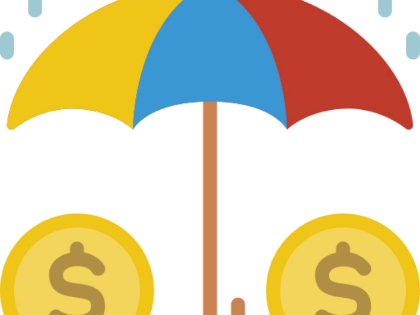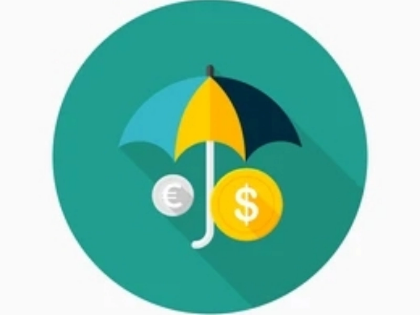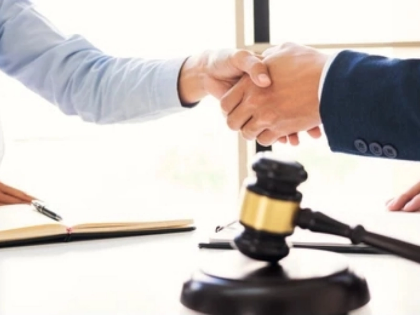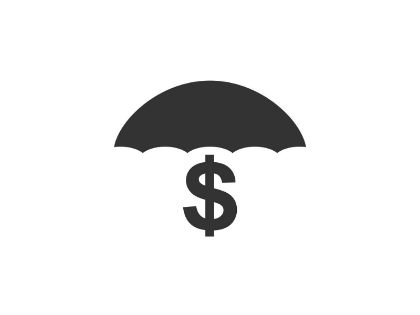Comprehending Sports Law Contracts and Disputes
When there is ambiguity, confusion, or uncertainty in the contractual language, disagreements can develop. These issues may result in expensive legal action. Sports law encompasses a wide range of substantive legal topics, including contracts, torts, and antitrust. Administrative problems including trademark infringement and sports venue licensing are also handled by it.
Legal Concerns

Agreements
 Contracts governing athlete pay, endorsements, and other compensation are essential to professional sports teams. The extent of services, payment schedules, and termination policies are all carefully described in these contracts. Sports law's strict requirements help to avoid misunderstandings and safeguard each party's interests.
Intellectual property rights are likewise protected by sports legislation. Team logos and slogans are protected by trademarks, and creative expressions such as merchandise designs and event broadcasts are covered by copyrights. Broadcasting agreements are monitored by regulatory organizations in order to avoid monopolies and guarantee broad access for fans.
Sports law deals with labor matters that affect athletes, such as overtime and minimum pay laws. Occupational injuries and workplace safety regulations are also covered. Therapeutic use exemptions are issued to athletes who require medication for medical issues, enabling them to take banned medications when needed. This clause strikes a compromise between preserving fair competition and an athlete's health requirements. Additionally, when managing their collegiate athletic departments, colleges and universities adhere to all applicable state, federal, and governing body legislation. These guidelines govern practice schedules, training hours, and compliance with equal opportunity laws.
Contracts governing athlete pay, endorsements, and other compensation are essential to professional sports teams. The extent of services, payment schedules, and termination policies are all carefully described in these contracts. Sports law's strict requirements help to avoid misunderstandings and safeguard each party's interests.
Intellectual property rights are likewise protected by sports legislation. Team logos and slogans are protected by trademarks, and creative expressions such as merchandise designs and event broadcasts are covered by copyrights. Broadcasting agreements are monitored by regulatory organizations in order to avoid monopolies and guarantee broad access for fans.
Sports law deals with labor matters that affect athletes, such as overtime and minimum pay laws. Occupational injuries and workplace safety regulations are also covered. Therapeutic use exemptions are issued to athletes who require medication for medical issues, enabling them to take banned medications when needed. This clause strikes a compromise between preserving fair competition and an athlete's health requirements. Additionally, when managing their collegiate athletic departments, colleges and universities adhere to all applicable state, federal, and governing body legislation. These guidelines govern practice schedules, training hours, and compliance with equal opportunity laws.
Conflicts
 Sports-related legal issues are many and intricate. Sophisticated knowledge and expertise are necessary to fully comprehend these problems. Students that enroll in sports law programs at law schools are equipped with the knowledge and resources needed to overcome these obstacles.
The repercussions of sports commercialization necessitate a careful balancing act between financial gain and sporting purity. For instance, doping is one of the many sports-related acts that violates criminal laws and puts players in danger of jail time.
Sports law's systems for arbitration and dispute resolution promote cooperative resolutions through conciliation, mediation, and other structured methods that value privacy and cut expenses. This encourages fair competition and preserves the standing and financial security of sporting organizations.
Sports teams use trademark law to identify their brands and safeguard them from unlawful use, which is why it is so important. Moreover, sports law promotes integrity in advertising and requires players to reveal their affiliation with sponsors. In addition to safeguarding customers, this upholds the legitimacy of athletic endorsements.
Sports-related legal issues are many and intricate. Sophisticated knowledge and expertise are necessary to fully comprehend these problems. Students that enroll in sports law programs at law schools are equipped with the knowledge and resources needed to overcome these obstacles.
The repercussions of sports commercialization necessitate a careful balancing act between financial gain and sporting purity. For instance, doping is one of the many sports-related acts that violates criminal laws and puts players in danger of jail time.
Sports law's systems for arbitration and dispute resolution promote cooperative resolutions through conciliation, mediation, and other structured methods that value privacy and cut expenses. This encourages fair competition and preserves the standing and financial security of sporting organizations.
Sports teams use trademark law to identify their brands and safeguard them from unlawful use, which is why it is so important. Moreover, sports law promotes integrity in advertising and requires players to reveal their affiliation with sponsors. In addition to safeguarding customers, this upholds the legitimacy of athletic endorsements.
Arbitration
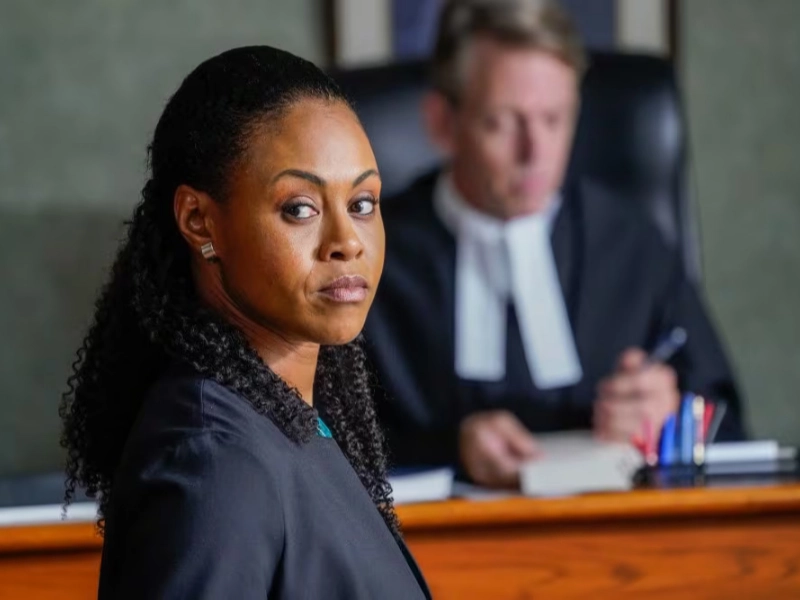 Sports law disputes frequently have large stakes and touch on several different legal topics. Students will learn about sports arbitration and its workings through assigned readings, research, writing, guest lectures, instruction, and role-playing a mock arbitration. Sports arbitration is an extrajudicial conflict resolution process used by teams, athletes, and regulating organizations.
Long-drawn-out court cases may be more effectively and economically replaced by arbitration. Furthermore, it offers a degree of privacy not found in a trial, enabling athletes to maintain the privacy of their private affairs and sensitive information.
Decisions about eligibility and selection, for example, can be handled by an internal tribunal of a sports organization. Some, though, call for an external appeal through the courts or CAS. Arbitrators in these situations have to strike a balance between the individual's rights and the authority of the sports organization. In an arbitration procedure, they must carefully draft rules that specify the appropriate level of review and scope of review, as well as determine how to address errors.
Sports law disputes frequently have large stakes and touch on several different legal topics. Students will learn about sports arbitration and its workings through assigned readings, research, writing, guest lectures, instruction, and role-playing a mock arbitration. Sports arbitration is an extrajudicial conflict resolution process used by teams, athletes, and regulating organizations.
Long-drawn-out court cases may be more effectively and economically replaced by arbitration. Furthermore, it offers a degree of privacy not found in a trial, enabling athletes to maintain the privacy of their private affairs and sensitive information.
Decisions about eligibility and selection, for example, can be handled by an internal tribunal of a sports organization. Some, though, call for an external appeal through the courts or CAS. Arbitrators in these situations have to strike a balance between the individual's rights and the authority of the sports organization. In an arbitration procedure, they must carefully draft rules that specify the appropriate level of review and scope of review, as well as determine how to address errors.
